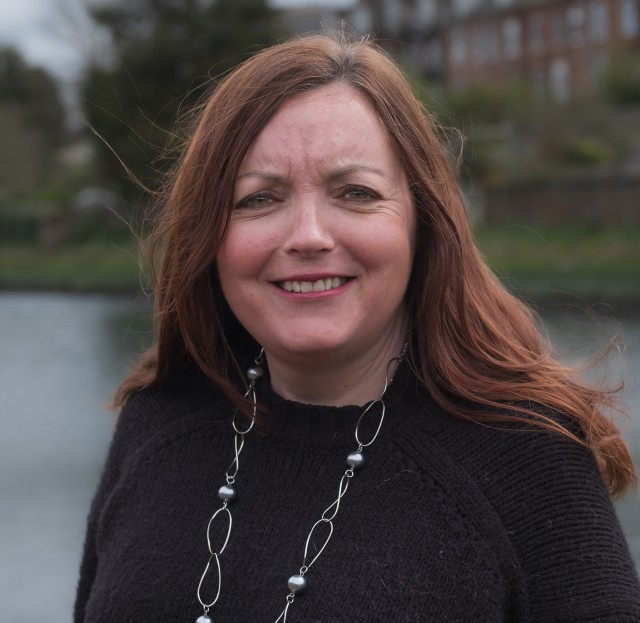More and more people are finding it difficult to manage their budgets due to the rising cost of living. One woman, Samantha Brook, found herself in thousands of pounds worth of debt due to her spending addiction. However, she was able to turn her financial situation around with the help of a little-known group.
Struggling with Debt
Samantha Brook, a 48-year-old learning and career coach from Ipswich, Suffolk, first encountered debt when she was just 17 years old. She struggled to keep up with her friends' spending habits and quickly found herself in a downward spiral of debt. Although her mother intervened and paid off her debts in her early 30s, Samantha soon found herself back in the red, spending money she couldn't afford on meals out and clothes.
A Cycle of Addiction
Samantha describes spending as an addiction and a never-ending cycle. She would beat herself up and feel terrible after each spending spree. As a self-employed worker, she also failed to save enough money to pay her taxes, further exacerbating her financial situation.
The Breaking Point
By the time Samantha turned 43 in 2018, she owed a staggering £18,000 on credit cards, bill arrears, and unpaid taxes to HMRC. She felt ashamed and hopeless, believing there was no way out of her debt.
Finding Help
Determined to break free from her debt, Samantha attended Debtors Anonymous, a 12-step program for individuals struggling with compulsive spending and debt. This group provided a platform for Samantha to share her experiences and gain a deeper understanding of her addiction.
Taking Action
Samantha realized that it was time to take control of her financial situation. She made a resolution to get out of debt and started by repaying at least £1 a month to all her creditors. She emphasizes the importance of taking action, no matter how small, and being honest with the people in your life about your financial struggles.
Getting Professional Help
Samantha also reached out to the free debt charity StepChange for assistance. They helped her create a budget and determine her disposable income. The charity provided template letters to send to creditors, asking them to freeze interest. Samantha was even able to negotiate settlement figures for some of her debts.
Prioritizing Debts
Samantha identified her priority debts, such as taxes and essential services like energy bills, and focused on paying those off first. She gradually chipped away at her outstanding debt, repaying around £350 a month and using work bonuses to accelerate the process.
A New Financial Path
Samantha's dedication paid off, and by 2020, she had reduced her debt to £7,000. An inheritance allowed her to repay the remaining balance. She has since built up some savings, although she occasionally dips into them due to the cost of living and periods of unemployment.
Continued Progress
Today, Samantha manages her finances by repaying her credit cards in full each month. However, she acknowledges that she still struggles with overspending and considers it a work in progress. Alongside her professional work, Samantha has started the Happiness Club, a group focused on promoting mental wellbeing.
How to Pay Off Debt
If you find yourself overwhelmed by debt, it's essential to seek help from a trusted organization. Citizens Advice and StepChange are two organizations that offer free advice and guidance. Creating a clear budget, prioritizing debts, and considering programs like the Breathing Space scheme can also help you regain control of your financial situation.
Remember, with determination and the right support, it is possible to overcome debt and achieve financial stability.
Did you miss our previous article…
https://hellofaread.com/money/bargain-shop-sells-prime-energy-drink-for-just-50p-each-leaving-shoppers-in-stitches/








